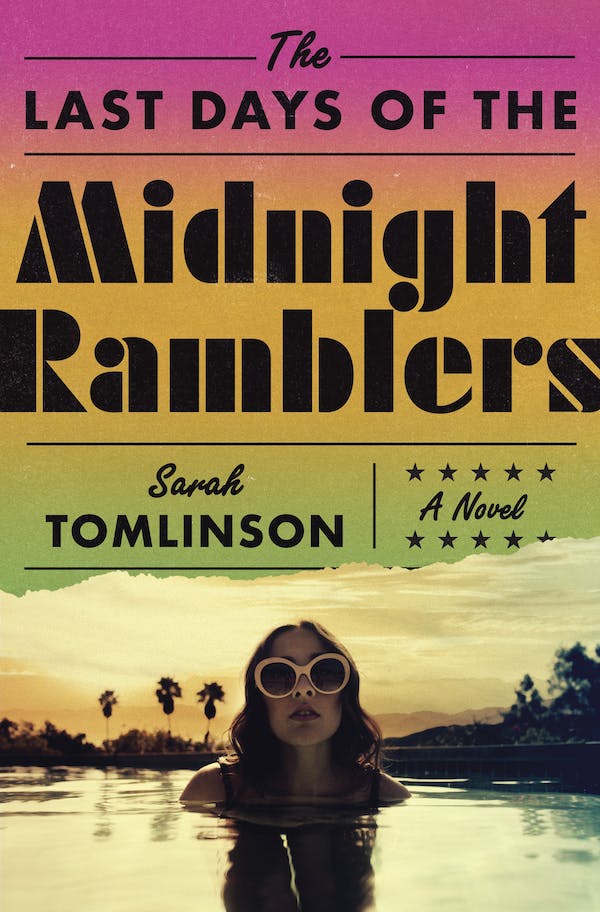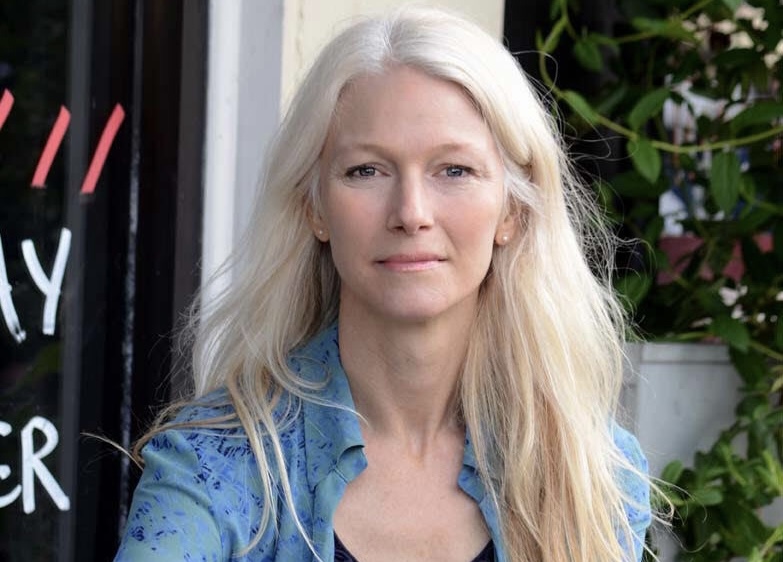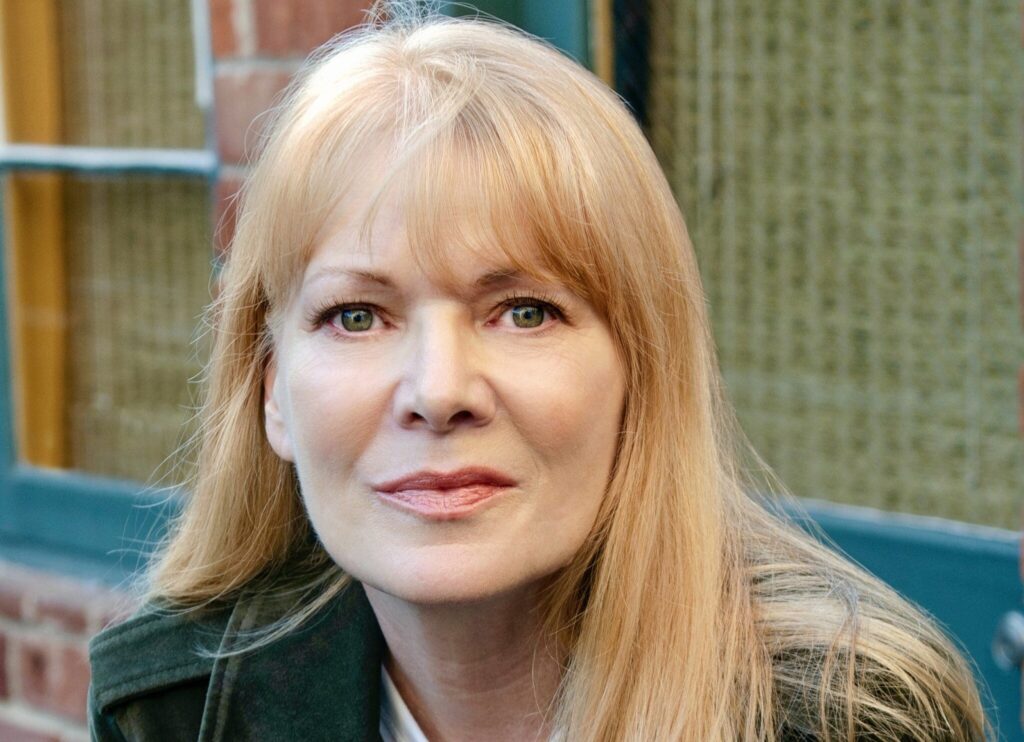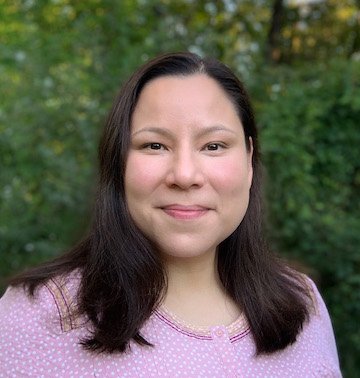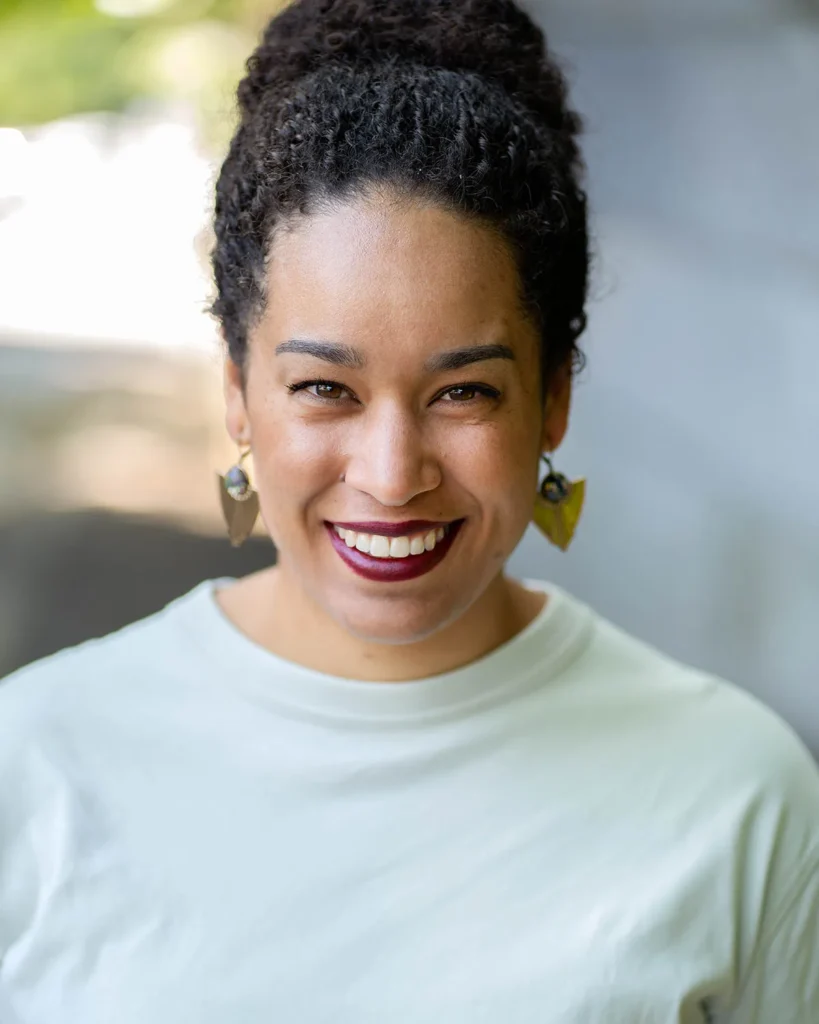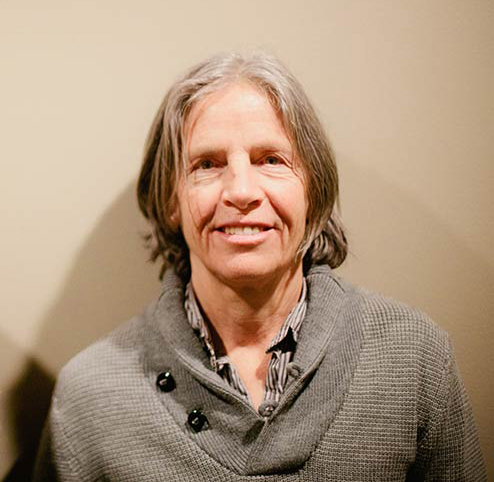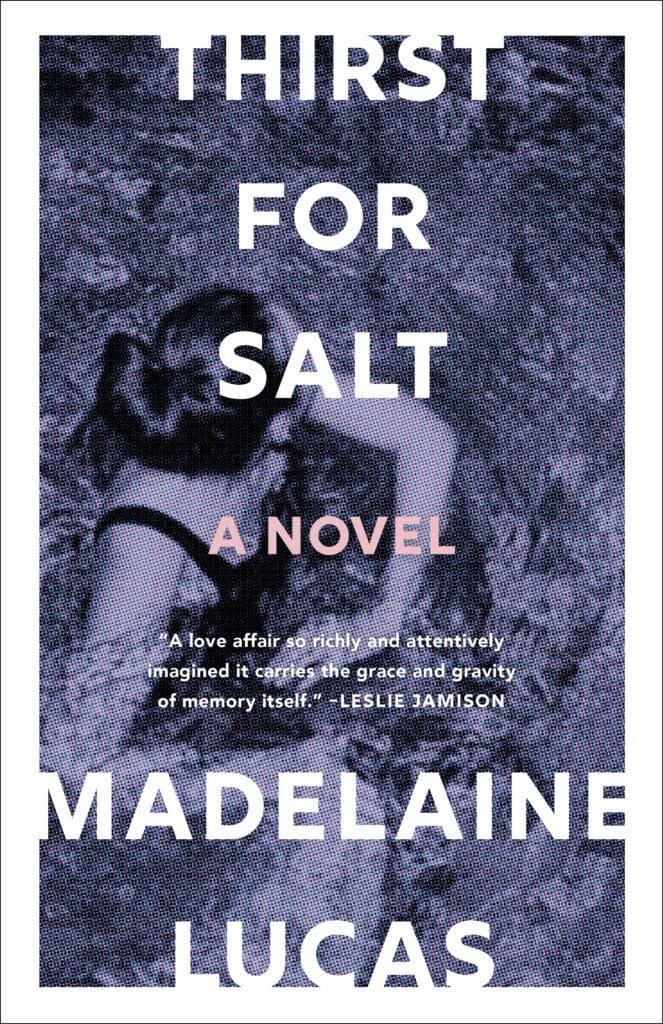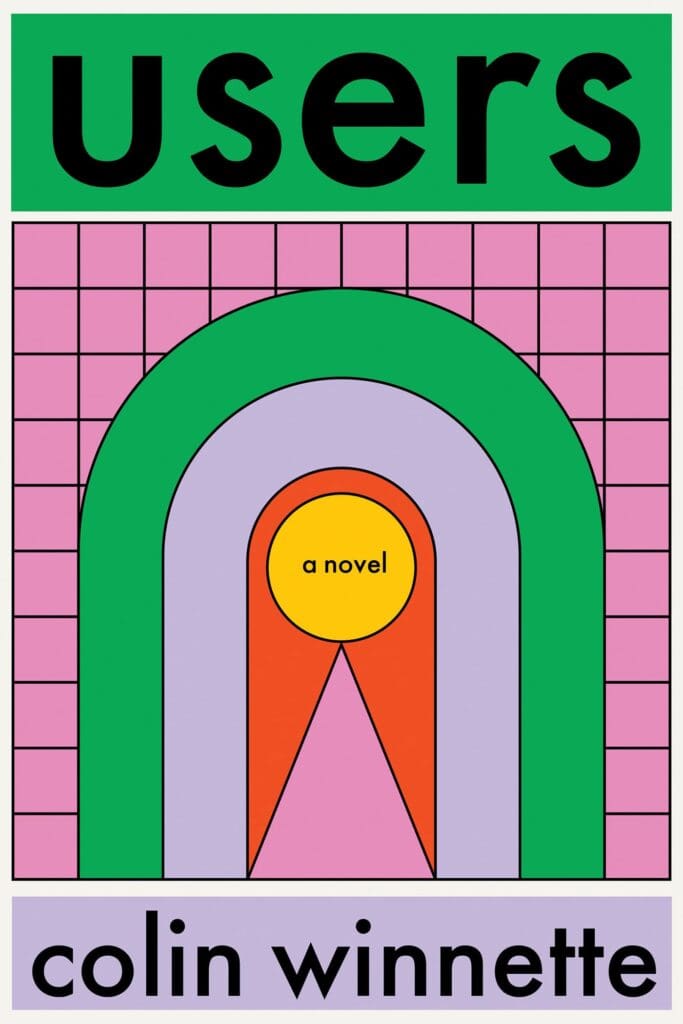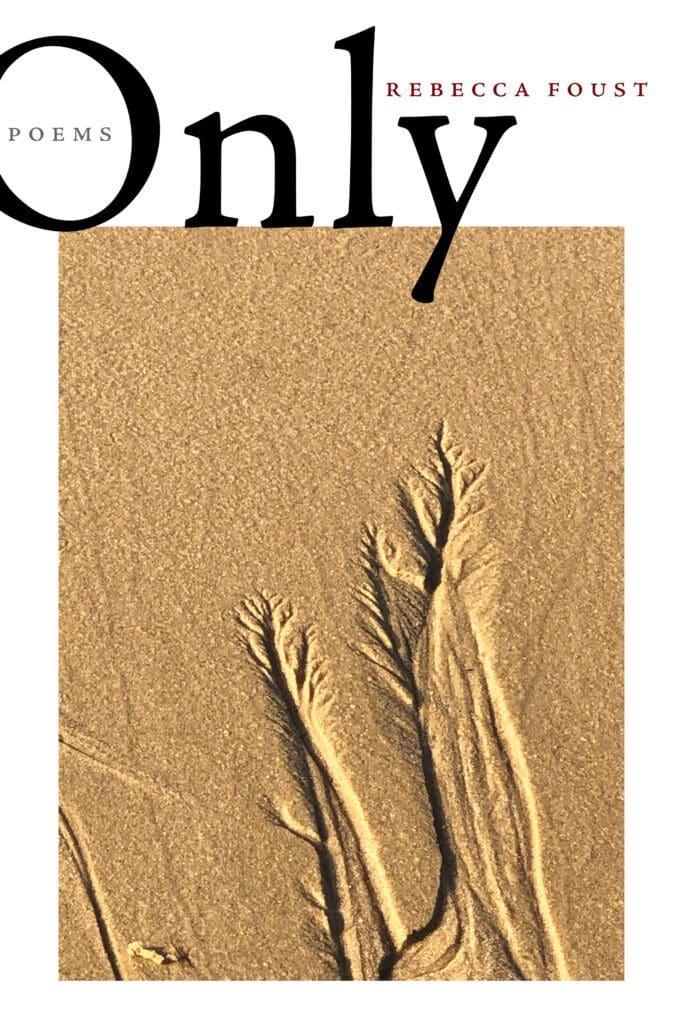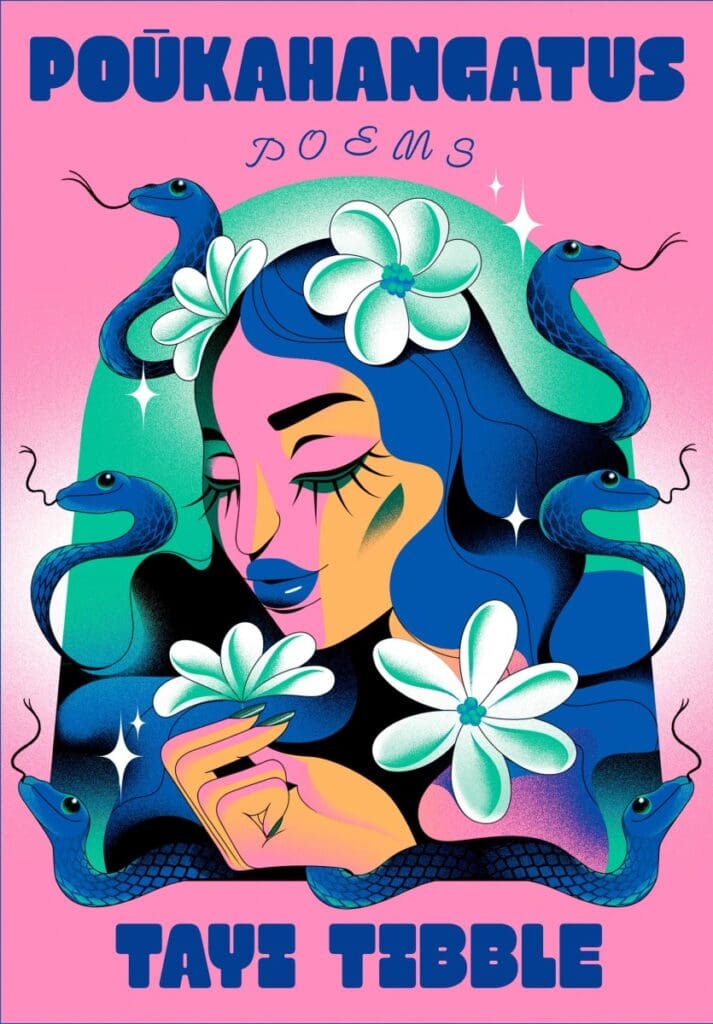Steve Almond is one of the few writers whose books I await with genuine impatience, and his newest was no exception. I read Truth Is the Arrow, Mercy Is the Bow: A DIY Manual for the Construction of Stories (Zando; $18) in a few fervid sittings, underlining passage after passage, Almond’s characteristic wisdom and wry sense of humor wholly present in each of the book’s four sections. Truth Is the Arrow is an addictive blend of fiction-writing craft essays, writing prompts, and poignant reflections on the challenges and felicities of making a life as a writer. Almond is also the […]
The Art of Stories: A Conversation with Steve Almond
by Christine Sneed


